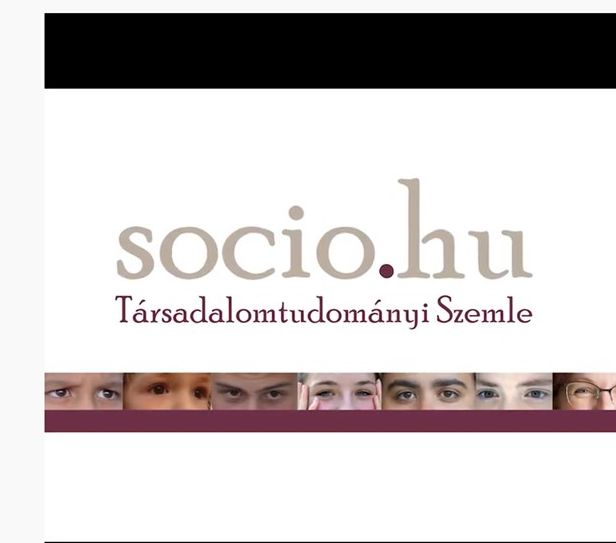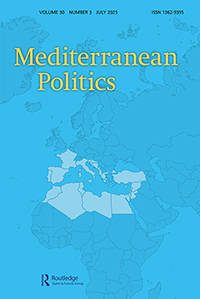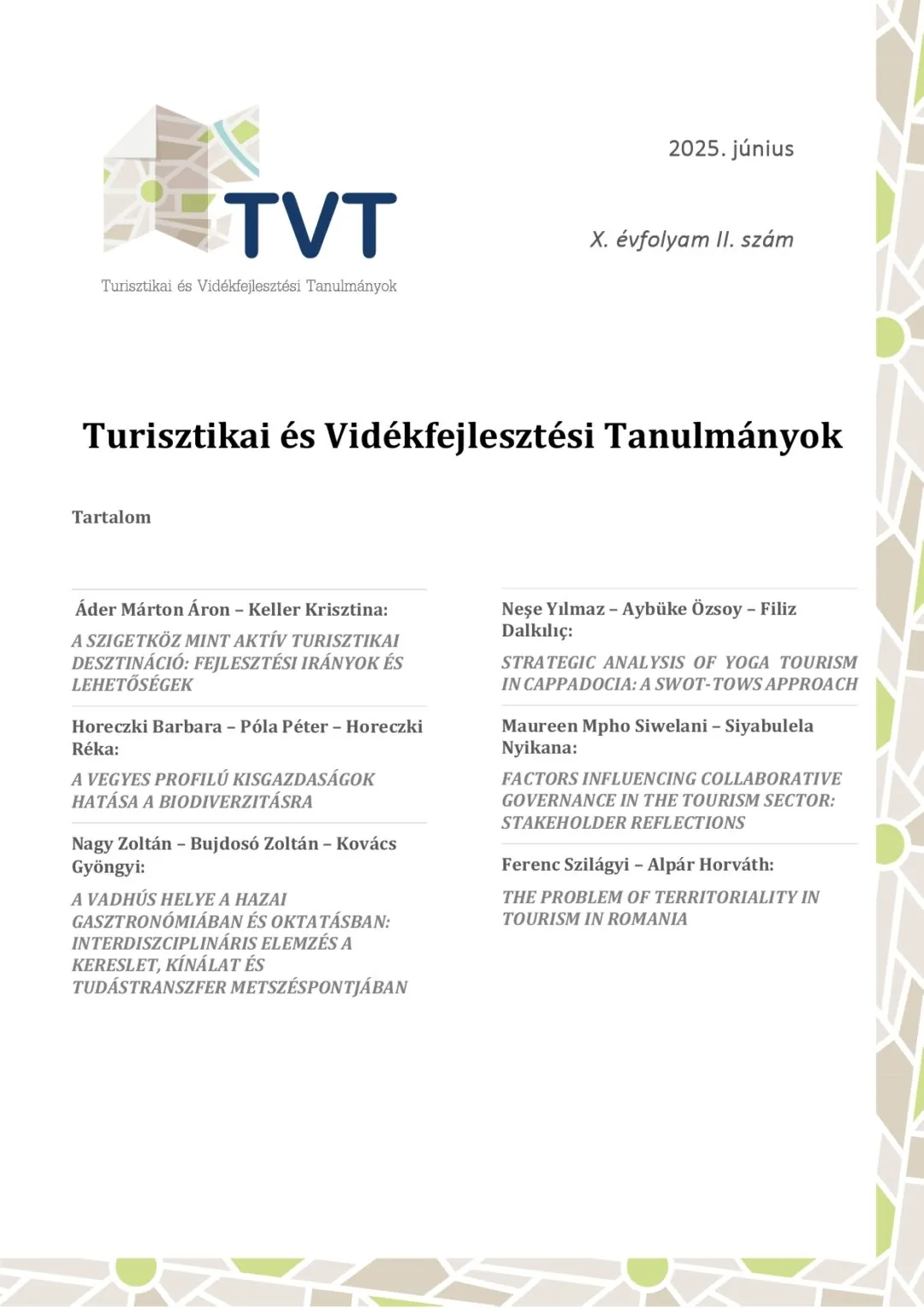Az előadásra hibrid formában kerül sor Zoom felületen, illetve személyesen a
T 4.23-as szemináriumi teremben 2024.11.14-én, 13.00 órától.
Előadó: Tóth Gergő
BIO: Gergő Tóth holds a PhD from the Spatial Dynamics Laboratory at University College Dublin, Ireland. His work has been published in leading journals such as Nature Communications and Scientific Reports, as well as in prestigious field-specific journals including Economic Geography and Regional Studies. Currently, he is a research fellow at the ANETI Lab, Centre for Economic and Regional Studies in Hungary. Additionally, he is affiliated with the Centre for Regional Science at Umeå University, where he works as a postdoctoral researcher focusing on administrative data. Gergő’s research primarily explores the intersection of economic geography, social inequality, and network science, with a particular emphasis on the role of network structures in regional economic resilience.
Cím: Decoding skill-relatedness: noise and signals in labour mobility
Absztrakt: Labour mobility has become a central focus of economics in recent times. This is partly due to the recognition that labour mobility is no longer seen as merely a feature of social stratification but increasingly as a complex system. Essentially, labour mobility is a transition matrix illustrating how workers move between different occupations. Labour mobility has also given rise to the concept of skill-relatedness providing a good approximation of the distribution and relation of skills and capabilities found in countries and regions. Yet little is known about the formation and evolution of these networks and the economic, social, and geographical phenomena driving the development of different capability structures. In our paper two main research questions are tackled: first, identifying the factors driving labour mobility, and second, assessing how much skill-relatedness explains occupational changes. Preliminary results, combining job advertisement data with administrative databases, highlight the significance of skill similarity in understanding labour mobility. Using a machine learning technique, we discovered that skill overlap outweighs other known factors. A classification model, incorporating both skill similarity and social factors, improves predictive accuracy to nearly 85%. Despite skill similarity’s dominance, a 15% residual “noise” remains, showcasing the intricate nature of labour market movements.









